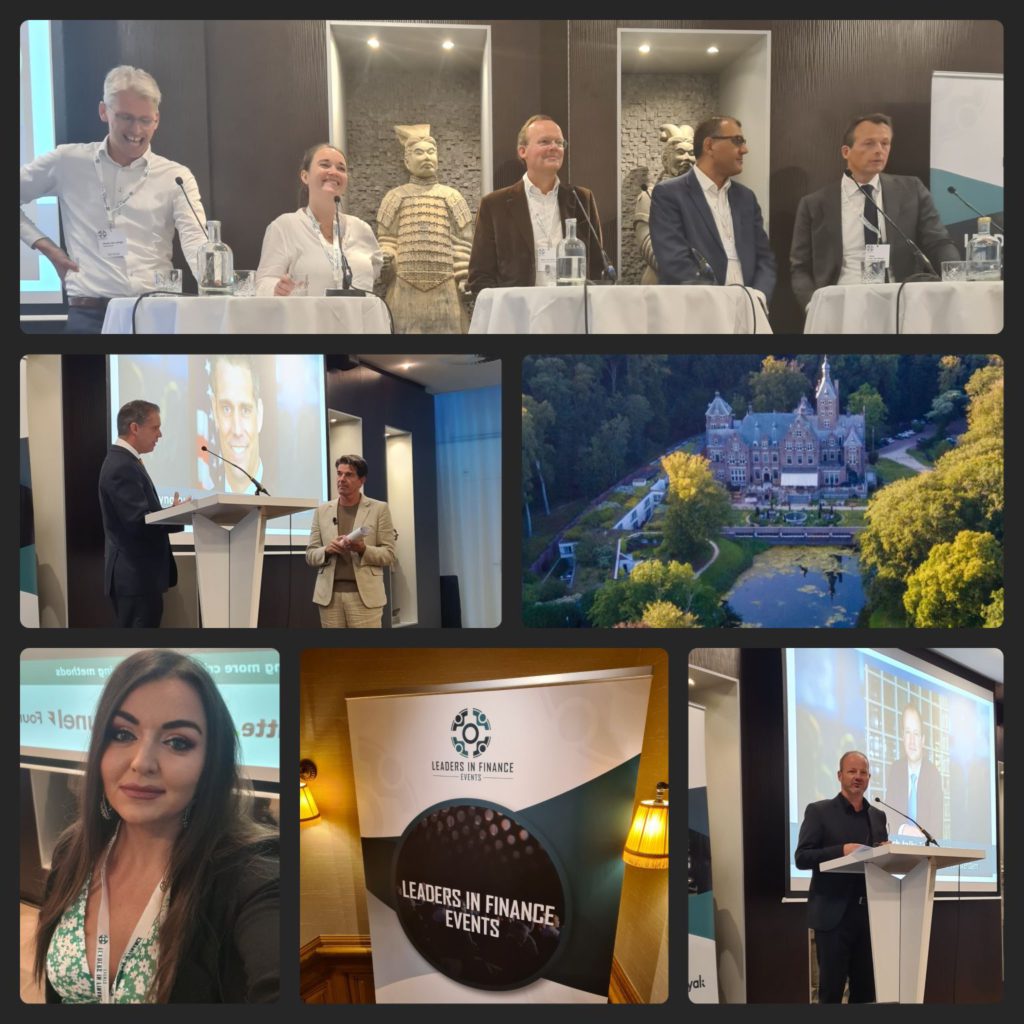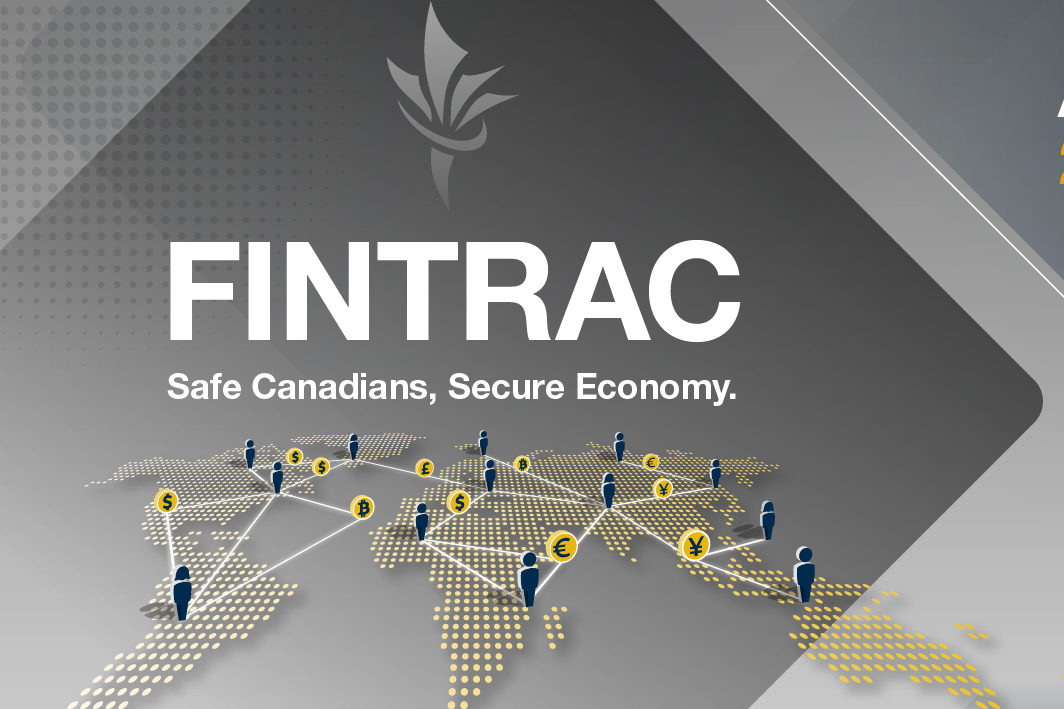PUBLIC Private Partnerships (PPPs) must play a greater role in fighting financial crime, said Jim Lee, the US’s chief of IRS Criminal Investigations (IRS-CI).
Lee was speaking at an AML conference in the Netherlands and discussed what Europe can learn from the US.
Chief Lee began and ended his speech with a phrase taught to him by FIOD colleague Niels Obbink: “Eendracht maakt macht” which means, “Unity, makes strength.”
He spoke about financial crime threats in the AML world and went through several typologies that I thought were examples of various emerging threats in the money laundering space, emphasising the need for partnerships. “When we work together, we are always greater than the sum of our parts,” said the IRS-CI chief.
The Leaders in Finance AML conference took place in the beautiful setting of Landgoed Duin & Kruidberg, outside of Amsterdam.
Whilst in essence nothing has changed in financial crime in the last fifty years, the tools and technologies that are used to undermine the financial system, have become more efficient, he said.
He set the tone for the rest of the event, as he pointed out that cash is still king – with hard to follow the money trails. Crime fighters need to move with the new technological & AI advances, he told the audience.
Lee urged greater use of PPPs to share data & technology, leading to more success in catching criminals. Earlier, he visited Europol chief Catherine de Bolle at the agency’s headquarters in the Hague.
During the first panel cash and the difficulty of handling it were discussed. Participants: Marc Kemper (Politie Nederland), Sophie Cohen Tervaert (DNB), Baldwin Kramer (Deloitte) en Eline Koster (Rabobank).
Tom Loonen (Professor Financial Law & Integrity, Vrije Universiteit Amsterdam) talked about his research on job satisfaction of KYC analysts & the operational challenges they face.
Contrary to popular believe, KYC analysts are not these frustrated, bored individuals wailing away in dungeons, he commented; rather, they are overall satisfied with their job and they do have a sense of purpose.

Calibrating the risk-based approach was the topic of the second panel. Participants: Jaap van der Molen (ABN AMRO Bank N.V.), Karim Tadjer (ING), Mark van Driel (Netherlands Public Prosecution Service), Steffie Schwillens (De Nederlandsche Bank) & Robin de Jongh (Rabobank).
The topic of the third panel was (Gen)AI. Participants were Ali el Hassouni (PhD in AI, Head of Data at bunq), Hinda Haned (Prof. of Data Science Universiteit van Amsterdam), Rasmus Ingemann Tuffveson Jensen (Spar Nord Bank & PhD, Aarhus University) & Krik Gunning (CEO & Co-Founder Fourthline)
Nicholas Lord (Prof. of Criminology, The University of Manchester) gave an insight into his latest research on shelf companies.
Hilko van Rooijen Director Financial Crime Analytics at Deloitte said the essence of money laundering hasn’t change much in the last decades. However, technology advances money laundering methods at an incredible pace, making it incredibly complex to follow the money trails. For example, criminals apply organized money mule schemes with in-game currencies to swiftly transfer money around the globe.
He agreed cash is still king for money launderers. Methods to limit the amount of cash (e.g. prohibition of large denominations) will make it more difficult for them and easier for banks. However, reducing the use of cash is a balancing act, since one in five Dutch citizens still has a preference for cash payments.
Recent academic research, he said, shows that KYC analysts are less unhappy and frustrated about their work than often believed. Moreover, they generally have a significant sense of purpose. And that while a lot of manual work, lengthy operational processes, and the complexity of regulatory demands do not make their job easy.
Calibrating the risk based approach meant a focus on outcome effectiveness, rather then technical compliance. Although already elaborated on in their 2021 whitepaper the fact that this is a generally and publicly shared view among regulator, public prosecutor and the banks as gatekeeper is an important advancement of the AML debate.
Transactie Monitoring Nederland (TMNL) he believed is definitely still ongoing, and receives wide support. The delay in enabling legislation is seen by many as a disappointing development. However, there is still a wide belief among AML leaders that sharing of data and collaborating in AML monitoring efforts are key in making an impact against financial crime.
Interestingly, he believed criminals are probably further in their thinking on the potential of Generative AI then the general public and AML experts. We should stop being amazed by its disruptive impact, but closely think about our goals with AI and the associated risks. Only educating society as a whole is a meaningful strategy, trying to stop the advancement of the technology is generally a weak option.
Why banks are not using more AI for AML themselves remained a big open question. There is actually much more literature about how to make use of AI in fighting crime, then there is academic evidence for the soundness of more traditional AML methods. So: why wait?








